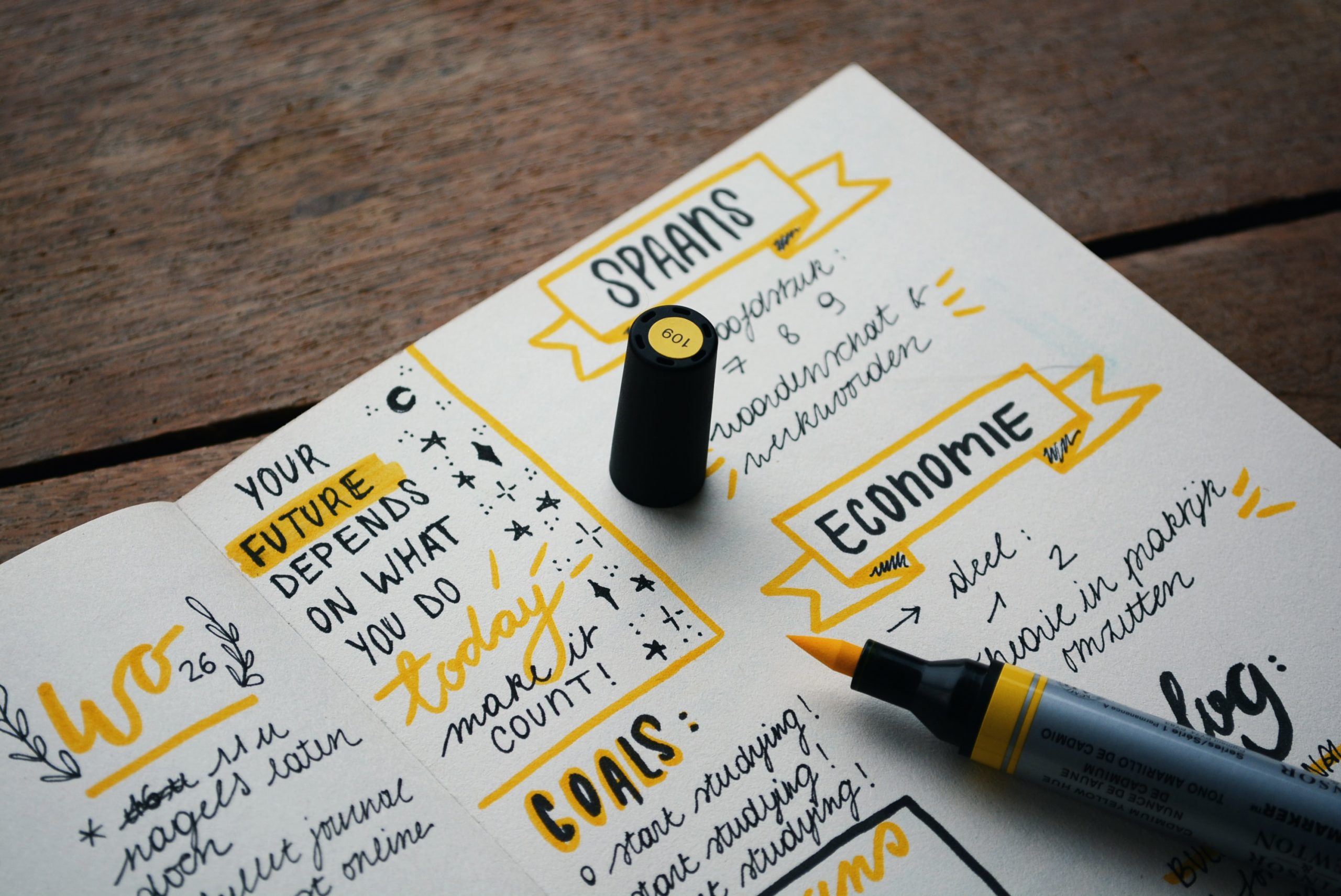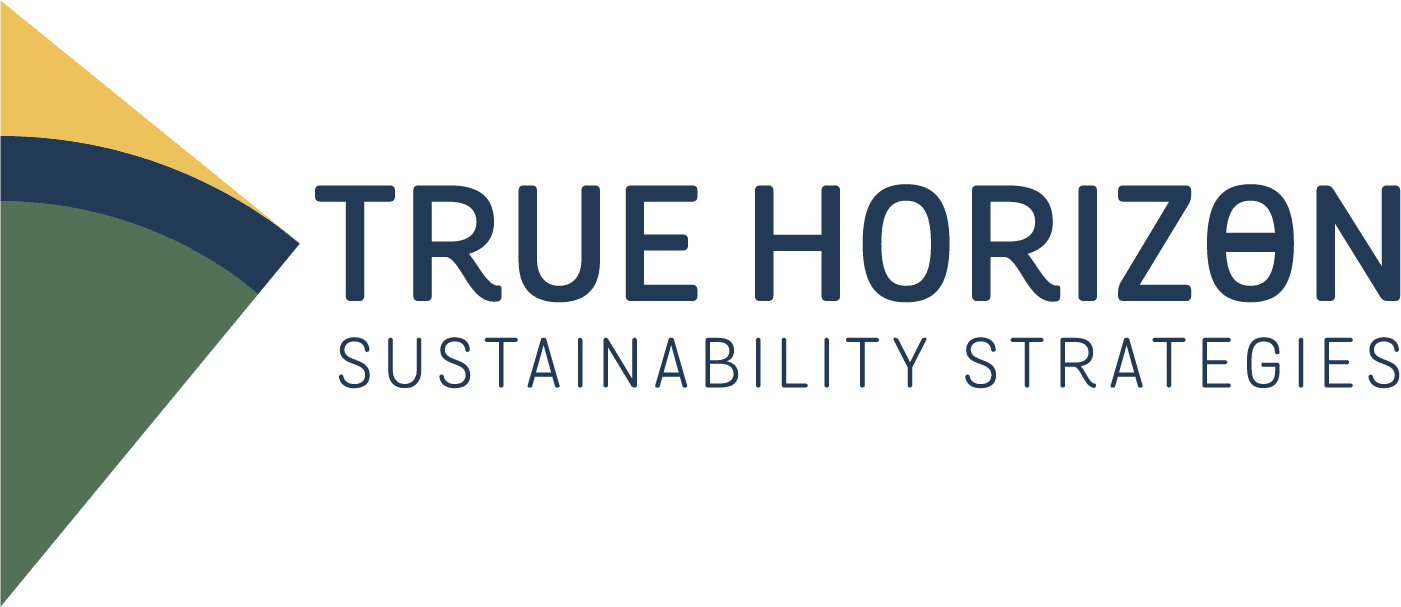
4 Eco Goals You Can Set Today
…and you don’t need certifications!
When it comes to developing sustainable strategies for your business, perfectionism isn’t the aim: progress is.
Time and time again, I see businesses putting off their sustainable goals. They become too preoccupied with the ideal vision they have for their organisation and end up procrastinating until they feel “ready”.
The problem? There’s no such thing as being 100 per cent “ready”. The longer we wait, the more we hinder our progress.
Start small and watch the rest unfold! Here are my top tips on how to get started.
A sustainability statement
A sustainability statement is a comprehensive document that outlines your commitments towards sustainability and what you’re doing to make a difference. It demonstrates honesty and transparency about your goals, without being “preachy” and pretending that you’ve got everything perfected. You should include:
- A commitment to pollution prevention.
- An acknowledgement of your environmental impact and how you’re working to reduce it.
- A plan and evidence for ongoing improvements that you’re working towards.
- Any schemes, charities or programmes you’re part of that support sustainable causes.
Speak to your suppliers and companies you work with
Sustainable development isn’t bound to your organisation alone – it should also cover your supply chain and the companies you work alongside. If you’re serious about making meaningful changes, it’s a good idea to speak to your suppliers about their sustainable practices and processes. Often, a small number of suppliers are responsible for the largest part of an organisation’s supply chain GHG emissions. It’s key to focus on these suppliers first as this is where emissions can be reduced most efficiently.
For example, as a digital business, investigate your website hosting, internet provider, storage provision and email platform for their impact and dedication to improving it.
Materiality assessment
A materiality assessment is the process of identifying, fine-tuning, and assessing various environmental, social, and governance issues that could affect your business. The idea is to condense them into a shortlist of topics that inform your company’s sustainable strategy, targets, and reporting. Focus on your biggest areas of concern first and improve them one step at a time. Don’t worry about totally overhauling your processes – nine times out of ten, we only need to replace and tweak parts, not start from scratch!
Gather feedback
It’s all well and good *saying* that we’re making fantastic progress, but we need to make sure that we practice what we preach. There’s no better way of doing this than gathering testimonials and feedback from clients, customers and colleagues to measure the impact you’re having on them.
Remember: sustainability isn’t just about protecting the planet. It’s about protecting people, too. What do you do to foster a positive work environment? How do you promote gender and racial equality within the workforce? How do you support and recognise your employees? Do your clients align with your sustainable and ethical values?
These are important questions to ask yourself and others. Gathering feedback from the inside out will help you fully understand where there’s room for improvement and progress!
Are you a small or medium-sized business owner who wants to simplify sustainability? Join me in an Eco Boost power hour to get the lowdown on how to balance purpose with profit.
